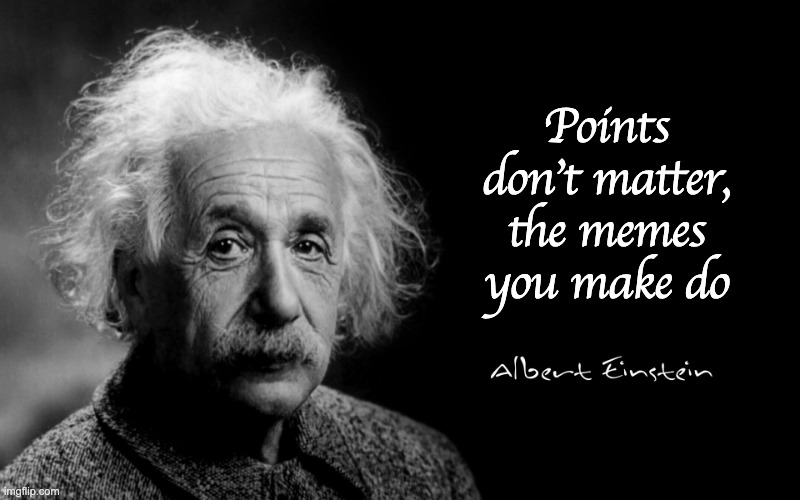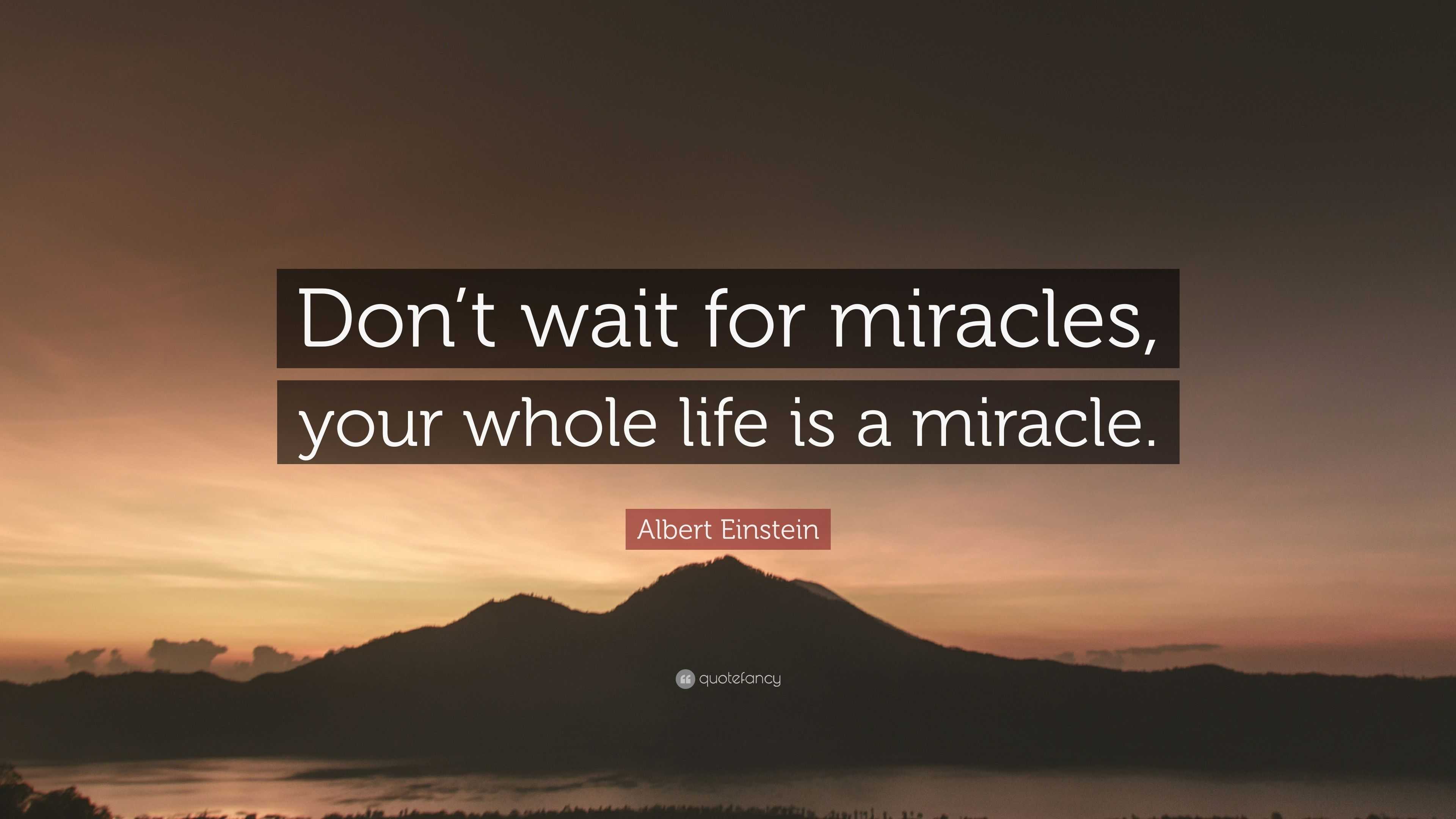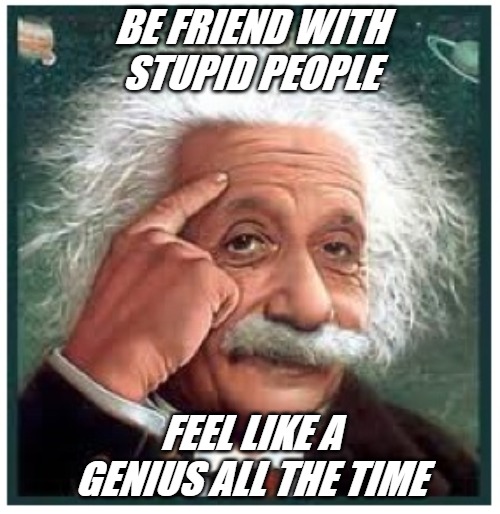10 Fascinating Points About Albert Einstein: The Genius Who Redefined Physics
Albert Einstein is one of the most influential physicists in history, known for his groundbreaking theories and contributions to science. His work has not only transformed our understanding of the universe but also impacted various fields, including philosophy and technology. In this article, we will explore ten fascinating points about Albert Einstein that highlight his life, discoveries, and lasting legacy.
From his early years in Germany to his later life in the United States, Einstein’s journey is one of perseverance, intellectual curiosity, and extraordinary achievements. His theories, especially the theory of relativity, continue to be fundamental in the field of physics. Join us as we delve into the life and accomplishments of this remarkable individual.
Whether you are a science enthusiast, a student, or simply curious about one of history’s greatest minds, this article aims to provide valuable insights into Albert Einstein’s life and work. Let’s embark on this intellectual journey together!
- Robin Tunney A Comprehensive Look At The Life And Career Of The Talented Actress
- Lilibet Diana Mountbattenwindsor The Life And Legacy Of The Royal Familys Youngest Member
Table of Contents
- Biography of Albert Einstein
- Early Life and Education
- Scientific Contributions
- The Theory of Relativity
- Nobel Prize in Physics
- Personal Life
- Philosophy and Views on Life
- Legacy and Impact on Science
Biography of Albert Einstein
Albert Einstein was born on March 14, 1879, in Ulm, Germany. He showed an early interest in mathematics and science, which would later define his career. Despite facing challenges in his education due to his unconventional thinking, Einstein persevered and eventually graduated from the Polytechnic Institute in Zurich.
| Full Name | Albert Einstein |
|---|---|
| Date of Birth | March 14, 1879 |
| Place of Birth | Ulm, Germany |
| Date of Death | April 18, 1955 |
| Nationality | German, later became a Swiss and American citizen |
Early Life and Education
Einstein’s early life was marked by a keen interest in science and mathematics. He often questioned the established norms of education and preferred self-study. After moving to Munich, he faced difficulties in school due to his independent thinking.
Despite these challenges, Einstein excelled in mathematics. His fascination with physics grew when he discovered the work of renowned physicists like Isaac Newton and James Clerk Maxwell. He completed his education at the Polytechnic Institute in Zurich, where he met some of his lifelong friends and collaborators.
- Unveiling The Legacy Of Pete Sampras A Tennis Icon
- Allmovieshub Your Ultimate Guide To Streaming Movies Online
Key Educational Milestones
- Graduated from the Polytechnic Institute in Zurich in 1900.
- Struggled to find a teaching position initially, leading to work at the Swiss Patent Office.
- Published four groundbreaking papers in 1905 that would change the course of physics.
Scientific Contributions
Albert Einstein made numerous contributions to science, particularly in the field of theoretical physics. His works laid the foundation for modern physics and have influenced various scientific disciplines.
Key Contributions
- Special Theory of Relativity (1905)
- General Theory of Relativity (1915)
- The photoelectric effect, which explained the emission of electrons from materials when exposed to light.
- Brownian motion, which provided empirical evidence for the existence of atoms.
The Theory of Relativity
The theory of relativity is perhaps Einstein's most famous contribution to science. It consists of two parts: special relativity and general relativity.
Special relativity, introduced in 1905, revolutionized the understanding of space and time. It proposed that the laws of physics are the same for all non-accelerating observers and that the speed of light is constant regardless of the observer's motion. This theory led to the famous equation E=mc², which expresses the equivalence of mass and energy.
General relativity, published in 1915, expanded on these ideas by incorporating gravity into the framework. It posits that massive objects warp spacetime, causing the gravitational effects observed in the universe. This theory has been confirmed through numerous experiments and observations, including the bending of light around massive objects.
Nobel Prize in Physics
In 1921, Albert Einstein was awarded the Nobel Prize in Physics for his explanation of the photoelectric effect. This recognition solidified his status as a leading scientist and contributed to his widespread fame.
The Nobel Prize committee praised his work for its significance in establishing the foundations of modern physics and its practical applications in technology. Einstein's contributions to science went far beyond this award, as he continued to work on various theories throughout his life.
Personal Life
Einstein's personal life was as complex as his scientific career. He was married twice, first to Mileva Marić, with whom he had three children. Their marriage faced difficulties, leading to a divorce in 1919.
Einstein later married his cousin, Elsa Löwenthal, who supported him throughout his career. Despite his fame, Einstein was known for his humility and down-to-earth nature, often engaging with the public and sharing his thoughts on various issues.
Philosophy and Views on Life
Einstein was not only a brilliant physicist but also a profound thinker. He expressed his views on philosophy, religion, and the nature of the universe through various writings and speeches.
He was an advocate for peace and civil rights, often speaking out against war and inequality. His philosophical outlook emphasized the interconnectedness of all things and the importance of scientific inquiry in understanding the universe.
Legacy and Impact on Science
Albert Einstein's legacy continues to shape the world of science and beyond. His theories have paved the way for advancements in technology, including GPS and quantum mechanics. He is regarded as a symbol of intellectual achievement and creativity.
Einstein's life story serves as an inspiration for future generations of scientists and thinkers. His relentless pursuit of knowledge and understanding has left an indelible mark on humanity's quest for truth.
Conclusion
In conclusion, Albert Einstein's life and work have profoundly impacted the field of physics and our understanding of the universe. From his early struggles to his groundbreaking discoveries, his journey is a testament to the power of perseverance and intellectual curiosity.
We encourage you to explore more about Einstein’s contributions and the ongoing relevance of his work in today’s scientific landscape. Feel free to leave a comment, share this article, or read more articles on our site to deepen your understanding of this remarkable figure.
Closing Thoughts
Thank you for reading! We hope you found this article informative and engaging. We invite you to return for more fascinating insights into science, history, and the extraordinary individuals who have shaped our world.
- Kamala Montel Williams A Journey Through Life And Career
- Why Does Everyone Hate Trump Understanding The Controversy Surrounding Donald Trump

Albert Einstein Imgflip

Albert Einstein Quote “Don’t wait for miracles, your whole life is a

Albert Einstein points at head Memes Imgflip